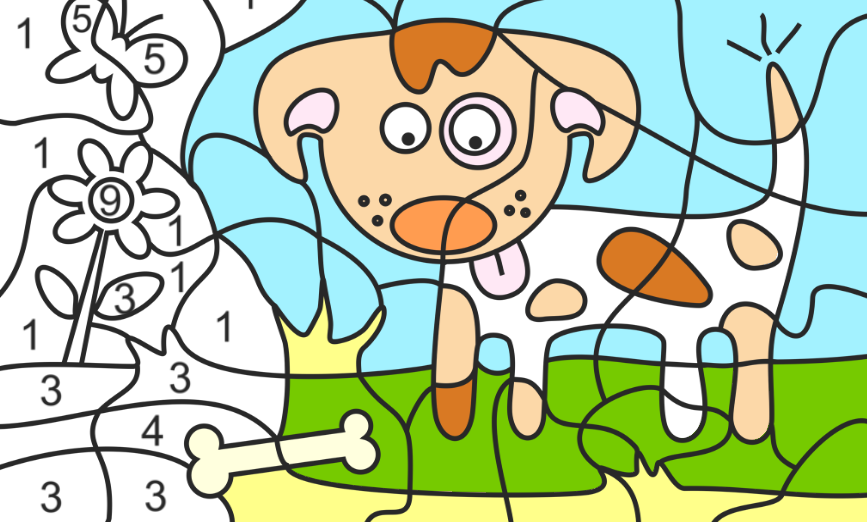
When I was a little kid growing up in New York City, my brother and I were out playing one day and came upon a construction site. Maybe it was a demolished building, I can’t remember. Anyway, there were rocks everywhere. All sorts of different rocks. We were so excited you’d think we’d discovered an ancient civilization.
We played there for hours and I remember it like it was yesterday. It’s the process of discovery, exercising our imaginations, that kids love. To this day, I’m fascinated by rocks. Fossils. Shells. Anything you find buried in the ground, hidden deep in the forest, or in the sand at the beach.
Memories like that, flashbacks from a long forgotten childhood, stick with us for a reason. They’re metaphors for important things in our lives. Sometimes they’re about traumatic events or critical lessons we learned the hard way. In this case, the memories were about discovery and imagination, stuff that really resonated with me.
All those deep memories and the metaphors they represent play important roles in our lives. They help to mold us into who we eventually become as adults. And therein lies the rub. We’re becoming an overprotective society. We don’t typically let our children play that way anymore. We’re afraid of what may happen.
I’m no shrink, but according to the experts, when children play with random things they find, it sparks their imagination. They create their own scenarios, their own games. And since childhood is when our brains are most impressionable, that creates neural pathways that are critical to the development of characteristics like creativity.
Ready-made games like video games, board games, even Lego sets that tell kids what to build are not the same. Not even close. It’s like the difference between a Picasso and paint-by-numbers.
But this isn’t just about kids. We’re quickly becoming a paint-by-numbers culture. And, in time, that will sap our ability to innovate. The consequences are far reaching, to say the least. Innovation plays a role in everything from education to medication, from literature to agriculture, from nanotech to green tech, from software to cookware.
Speaking of food, my wife is a gifted cook who attended a culinary academy. She says her biggest leap in the kitchen was when she’d done enough experimenting and was no longer afraid to take chances, to try new things. We don’t learn by following recipes, but by trial and error. By making mistakes. That’s how we gain confidence and courage.
Have I ever told you that I somehow managed to graduate college without being able to string words together to form coherent sentences and paragraphs? I think they call it writing. My first boss in the tech industry couldn’t believe it. He called me “illiterate.” He was right. Two degrees and I still couldn’t write for beans.
Funny thing is, I can write now. How did that happen? I took no classes. Read no books, at least not about writing. Perhaps those neural pathways that got trained into my brain when I was a kid had something to do with it. Maybe they help me to learn quicker, recognize patterns, come up with my own way of expressing what I think and how I feel.
Maybe I’m not as elegant and poetic as Walt Whitman … at least not yet. 😉
It’s the same thing with management. CEOs aren’t born that way. They don’t drop out of the sky into cushy corner office chairs. They start at the bottom and work their way up, just like I did. They take risks and learn from failure. That’s how they get to the top. Trial and error – just like kids learning to walk … and play.
Even though your brain loses plasticity with age, it helps a lot of you don’t let those neural pathways atrophy — like they do when you watch Dancing With the Stars, stare endlessly at YouTube videos, read self-help books, or spend hours surfing popular websites.
Truth is, we’re spending more and more of our lives in front of a display. More and more of our meals are ready-made. What will a paint-by-numbers culture do to our critical thinking skills? What will it do to our creativity, our innovation, our competitiveness, our leadership in the world?
You may as well compare the value of a Picasso to a paint-by-numbers drawing.
A version of this first appeared on foxbusiness.com.